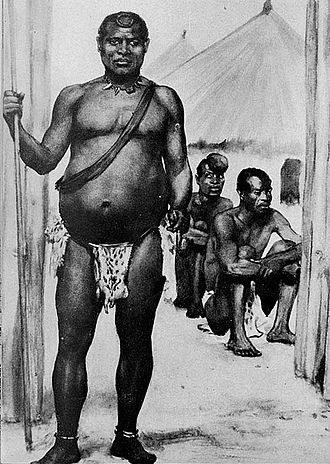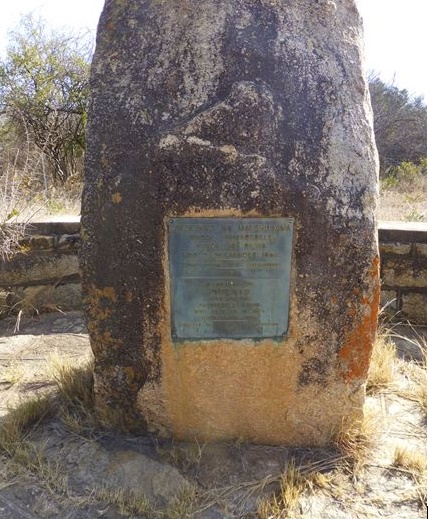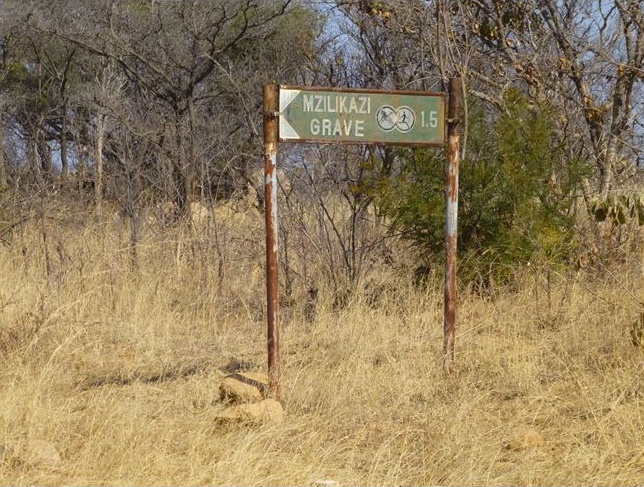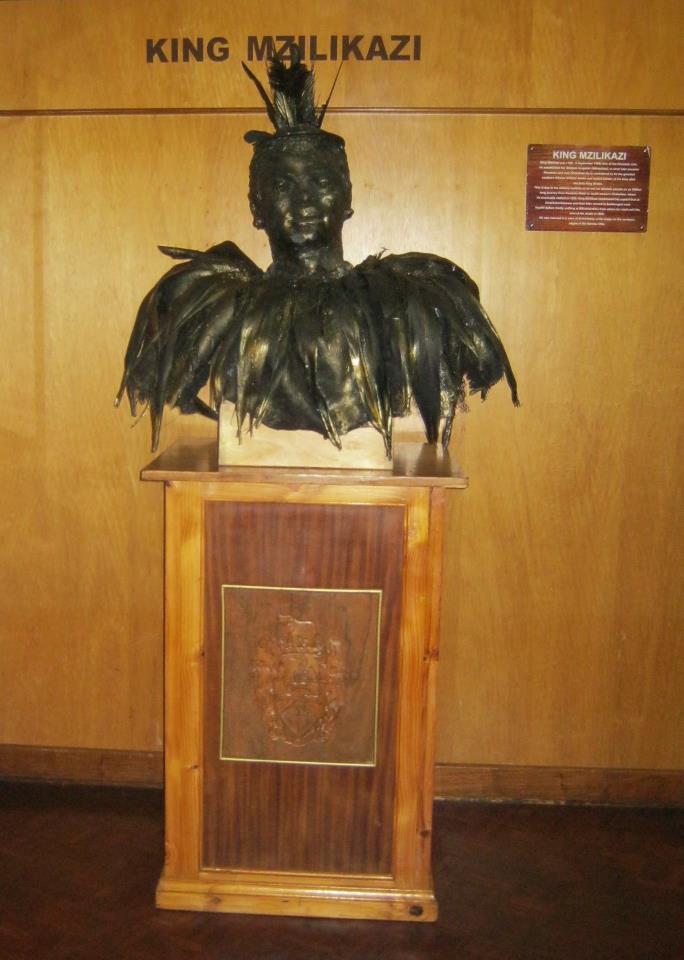History - Mzilikazi Khumalo (c. 1790 – 9 September 1868)
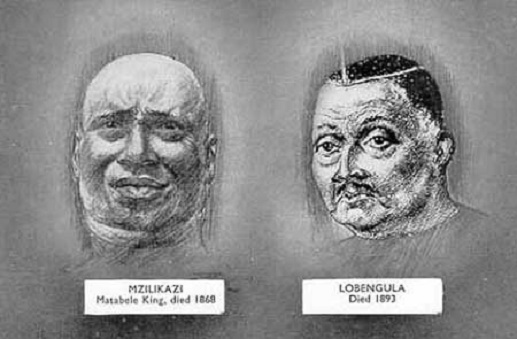
Mzilikazi Khumalo (c. 1790 – 9 September 1868) born
in Mkuze was a Southern African king who founded the Mthwakazi Kingdom
now known as Matabeleland, in what became British South Africa
Company-ruled Rhodesia and is now Zimbabwe. His name means "the great
road". He was born the son of Mashobane kaMangethe near Mkuze, Zululand
(now known as KwaZulu-Natal in South Africa), and died at Ingama,
Matabeleland (near Bulawayo, Zimbabwe). Many consider him to be the
greatest Southern African military leader after the Zulu king Shaka. In
his autobiography, David Livingstone referred to Mzilikazi as the second
most impressive leader he encountered on the African continent.
Mzilikazi was originally a lieutenant of Shaka but had a quarrel with
him in 1823 and rebelled. Rather than face ritual execution, he fled
northwards with his followers. He first travelled to Mozambique but in
1826 he moved west into the Transvaal due to continued attacks by his
enemies. He absorbed many members of other tribes as he conquered the
Transvaal, where he established a military despotism. He attacked the
Ndzundza kraal at Esikhunjini, where the Ndzundza king Magodongo and
others were kidnapped and subsequently killed at Mkobola river.
For the next ten years Mzilikazi dominated the Transvaal. This period,
known locally as the Mfecane ["crushing"] was characterised by
devastation and murder on a grand scale. Mzilikazi eliminated all
opposition and reorganised the captured territory to suit the new
Matabele order. In 1831, after winning a battle against the Griqua
people, Mzilikazi occupied the Griqua lands near the Ghaapse mountains.
He used scorched earth methods to maintain a safe distance from all
surrounding kingdoms. The death toll has never been satisfactorily
determined, but it is believed that the region was so depopulated that
the Voortrekkers were able to occupy and take ownership of the Highveld
area without opposition in the 1830s.
The Europeans who met Mzilikazi include Henry Hartley, hunter and
explorer; Robert Moffat, missionary; David Hume, explorer and trader;
Andrew Smith, medical doctor, ethnologist and zoologist; William
Cornwallis Harris, hunter; and the missionary explorer David
Livingstone.
During the tribe's wanderings north of the Limpopo, Mzilikazi became
separated from the bulk of the tribe. They gave him up for dead and
hailed his young heir Nkulumane as his successor. However, Mzilikazi
reappeared after a traumatic journey through the Zambezi Valley and
reasserted control. According to one account, his son and all the chiefs
who had chosen him were put to death on his orders. A popular belief is
that they were executed by being thrown down a steep cliff on the hill
now called Ntabazinduna [hill of the chiefs].
Another account claims that Nkulumane was not killed with the chiefs,
but was sent back to the Zulu Kingdom with a sizeable delegation which
included warriors. During his journey south, he passed through the
Bakwena territory in the northwestern Transvaal, near Rustenburg. At the
time the Bakwena were struggling to repel repeated attacks from a
neighbouring king, who laid claim to the territory that they occupied.
Nkulumane assisted the Bakwena by leading his impi [regiment] in a
battle in which Nkulumane himself killed the neighbouring chief.
Following this victory the Bakwena convinced Nkulumane to settle in
their territory, arguing that it would be futile to return to the Zulu
kingdom as his father's enemies would probably kill him. Nkulumane
settled and lived with his family in that area until his death in 1883.
His grave, covered in a concrete slab, is on the outskirts of Rustenburg
in Phokeng. The site of Nkulumane's grave is incongruously referred to
as Mzilikazi's Kop [hill], even though it is his son who is buried
there.
After resuming his role as chief, Mzilikazi founded his capital 5
kilometres (3.1 mi) from Ntabazinduna and named it ko-Bulawayo [place of
slaughter]. Shaka's capital was also called Bulawayo.
